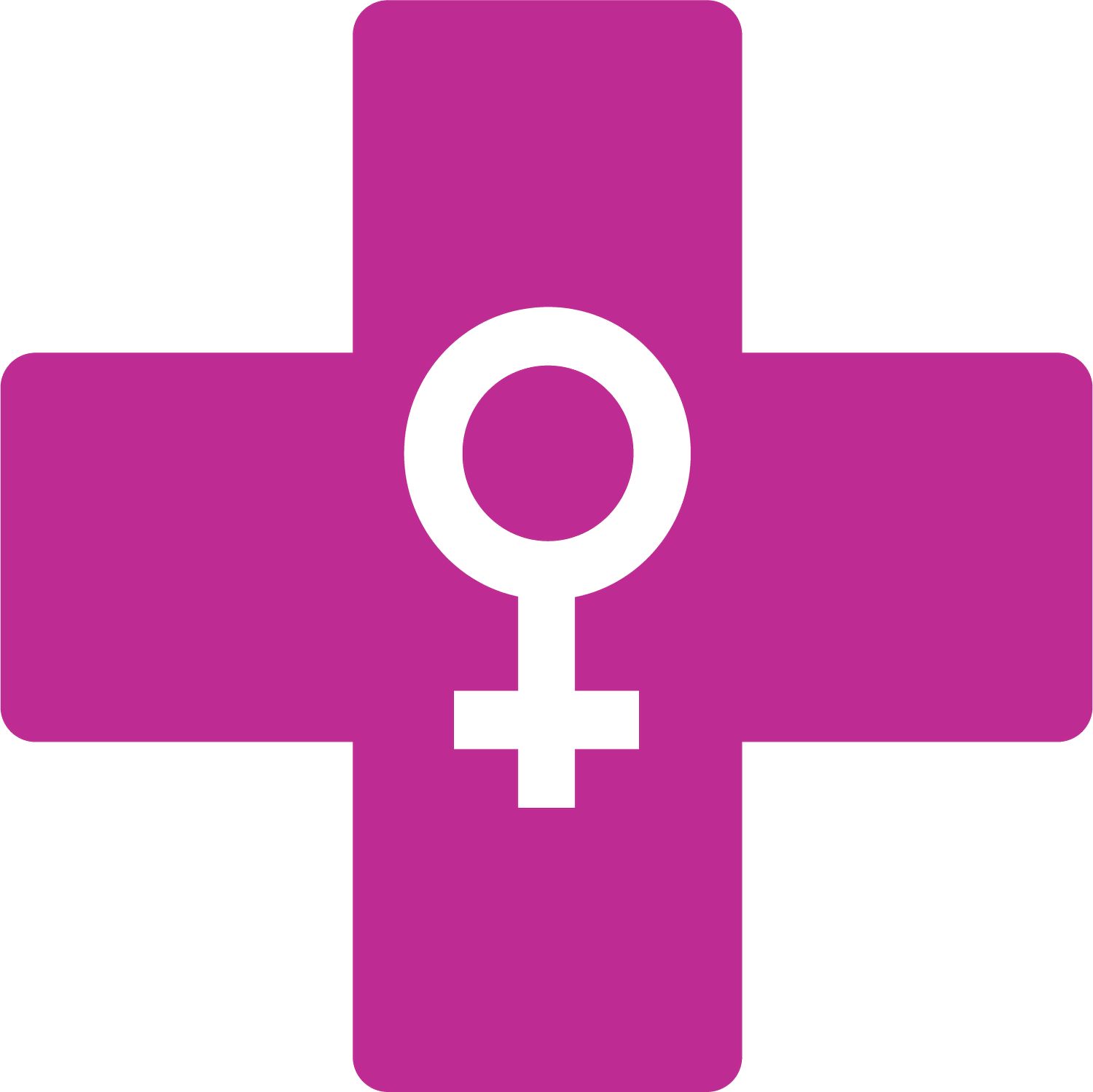Let’s Talk About Mental Health
We all feel stressed, worried, or a little blue from time to time. But, when those feelings persist and begin to interfere with our daily lives, it can take a toll on our physical health and relationships.
Sometimes, these feelings and experiences can be tough to talk about, but there’s no need to be embarrassed or think there’s something “wrong” with you. In fact, mental illnesses are very common in the United States: Nearly half of all adults will experience a mental health disorder at some point in their lifetime. One in five women will be diagnosed with a mental health problem, like depression, anxiety, or an eating disorder.
Gender Disparity In Mental Health
It turns out that, similar to many health issues, all things aren’t created equal when it comes to men's and women’s mental health. While women and men are affected by mental health disorders at the same rate, the type of disorder experienced differ greatly between genders:
Women are twice as likely to experience depression
Women are twice as likely to experience Post Traumatic Stress Disorder (PTSD) than men
Women are twice as likely to have a generalized anxiety disorder or panic disorder, compared to men
Women attempt suicide more often than men
85-95% of people with anorexia nervosa or bulimia are women
65% of individuals with binge eating disorder are women
(Source: American Psychiatric Association)
Why Women Are Affected Differently By Mental Health
Researchers point to several reasons why women are more likely to experience depression, anxiety, PTSD, and an eating disorder. It’s less about a woman’s biology and more about the role she plays in society.
The World Health Organization (WHO) found that the socioeconomic status of women, their social status and the likelihood of being exposed to violence or abuse increases their risk of developing a mental health condition. Consider:
Women earn less than their male counterparts, which can create anxiety and stress around money
Women are more likely to be poor compared to men
Women are more likely to experience violence or abuse
Women are more likely to be the primary caregiver for their families – adding to the invisible workload of a woman
Fortunately, women are more likely than men to share their mental health struggles with their primary care provider, which is the first step in feeling like yourself again.
How To Talk To Your Doctor
Your doctor wants – and needs – to see the entire picture of your health. That includes your physical, mental, and emotional health. If you’re struggling with symptoms of a mental health disorder, talk to your doctor. Schedule an appointment to honestly share how you’ve been feeling. Your doctor will want to know:
How you’ve been feeling – including specific symptoms
Possible triggers, such as recent or sudden changes at home or work
How long you’ve experienced your symptoms
If your symptoms have interfered with your daily responsibilitiesNew physical symptoms that accompany your anxiety or depression
Mental health history, including family history
Past treatment approaches
What’s most important is that you feel comfortable with your doctor – and that your doctor understands the unique pressures and stressors you face. Discussing mental health calls for an appointment longer than 7 minutes – it calls for your provider’s attention and compassion to help you feel like yourself again.
If you need to talk to someone about your mental health, please contact us. We’ll be here, ready to listen whenever you need us.


